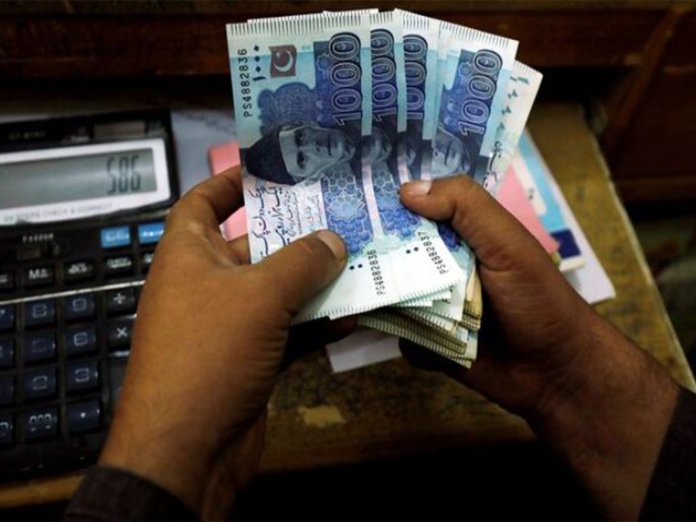Pakistan’s industrial base, once seen as the cornerstone of sustainable economic growth, is showing worrying signs of stagnation. The large-scale manufacturing (LSM) sector continues to struggle, even as the government highlights economic stabilisation and stronger global ties, according to The Express Tribune.
Analysts warn that beneath the surface of macroeconomic progress lies a fragile core, weakened by inconsistent policies, rising energy tariffs, and falling productivity in key sectors.
LSM, which accounts for roughly 8% of Pakistan’s GDP and provides employment to millions, has been contracting intermittently for more than two years. Data from the Pakistan Bureau of Statistics indicate that LSM output fell by 0.74% in the last fiscal year, extending a decline driven by global supply shocks and Pakistan’s recurring energy crises.
Economists caution that this slump could have lasting repercussions. Industrial expert Dr. Naveed Mirza noted that no country can sustain growth without a strong manufacturing foundation. “When manufacturing falters, exports decline, jobs disappear, and consumption replaces production,” he said, citing countries like South Korea, China, and Germany, where industrial expansion remains a key driver of prosperity.
The textile sector, long considered the backbone of Pakistan’s industrial economy, has been hardest hit. Mian Sohail Nisar, Patron-in-Chief of the Pakistan Industrial and Traders Association Front (PIAF), revealed that the textile index has stayed below 100 for nearly three years. He added that current output levels are lower than a decade ago, reflecting the overall deterioration of the country’s manufacturing ecosystem.
Among the 22 major industries tracked by the Pakistan Bureau of Statistics, nearly half have been operational for less than ten years. High energy costs, erratic fiscal policies, and limited access to raw materials have hindered growth. Industrial leaders are urging the government to implement long-term reforms in energy, taxation, and policy continuity to prevent further decline.
Without decisive structural changes, Pakistan’s manufacturing sector may continue to falter, potentially dragging the broader economy down with it, The Express Tribune reports.















